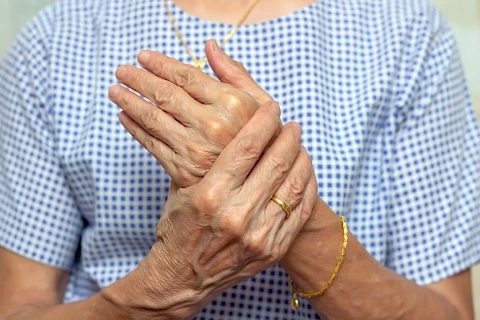
Diabetic neuropathy is a condition that affects many seniors with diabetes. It involves damage to the nerves due to increasing blood sugar levels. This condition can result in discomfort or even pain, impacting daily life. For seniors, fully comprehending diabetic neuropathy can help ensure effective management and prevention. Caregivers also benefit from being aware, as they can provide better support to their loved ones.
What Diabetic Neuropathy Entails
Diabetic neuropathy occurs when blood sugar causes nerve damage. This is a common complication of diabetes, affecting various parts of the body. Since nerves carry messages between the brain and different body parts, neuropathy can lead to a range of symptoms. Seniors must understand how this condition relates to diabetes and its potential impact on health.
Types of Diabetic Neuropathy
Multiple types of diabetic neuropathy exist, each impacting various nerves within the body:
- Peripheral Neuropathy: This is the typical type. It primarily impacts the legs and feet, but can also impact the arms and hands. Symptoms include numbness, tingling, and pain.
- Autonomic Neuropathy: It damages the nerves that control internal organs. This type can lead to issues with digestion, bladder control, and heart rate.
- Proximal Neuropathy: This type is less common. It impacts the nerves in the hips, thighs, and buttocks, leading to pain and weakness.
- Focal Neuropathy: This type is sudden and affects specific nerves, often in the head, torso, or legs, which can cause severe pain.
Risk Factors for Seniors
Several risk factors increase the likelihood of developing diabetic neuropathy. The duration of diabetes is a significant factor, as the longer a person has diabetes, the greater the risk. Nerve damage builds up over time. Poor blood sugar control is another factor, as increased blood sugar levels contribute to nerve damage. Maintaining stable levels helps reduce risk. Other contributing health factors, such as high blood pressure and high cholesterol, can also increase the risk of neuropathy.
Recognizing Symptoms
Be aware of the symptoms of diabetic neuropathy to ensure early detection and management. Common signs include tingling or numbness, sharp or burning pain, muscle weakness, and loss of balance and coordination. Early detection can prevent further complications, making it important for seniors and caregivers to monitor these symptoms closely.
Prevention and Management Strategies
Working closely with healthcare professionals will help you manage your diabetic neuropathy. Regular doctor visits are dire, as physicians will monitor blood sugar levels and assess nerve health. Lifestyle changes and self-care tips are also required. These include maintaining a balanced diet, exercising regularly, quitting smoking, limiting alcohol intake, and paying special attention to foot care to prevent sores and infections.
Medication and treatment options can also manage diabetic neuropathy. Medications can help manage pain and symptoms, and in some cases, physical therapy might be recommended to improve strength and balance.
Managing Diabetic Neuropathy for Better Living
Diabetic neuropathy is a serious condition, but with proper knowledge and care, its impact can be managed. Seniors should prioritize blood sugar control and stay vigilant for symptoms. Make sure to maintain open communication with healthcare providers for effective management. For those in New Brighton, Shoreview, St. Paul, Roseville, and North Oaks, Senior Helpers Roseville, MN, offers support tailored to each individual's needs. Remember, proactive care can make a difference in living comfortably with diabetic neuropathy. Don't hesitate to contact us for professional help!